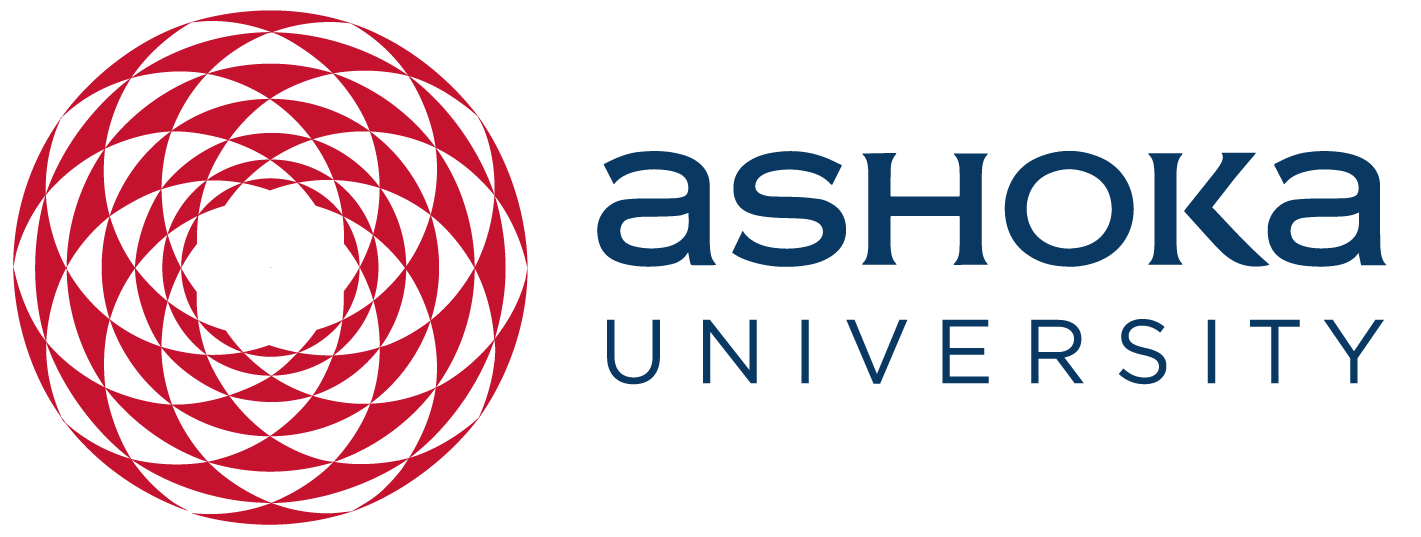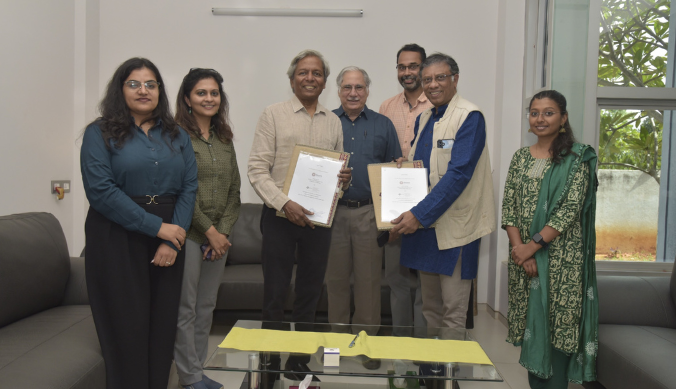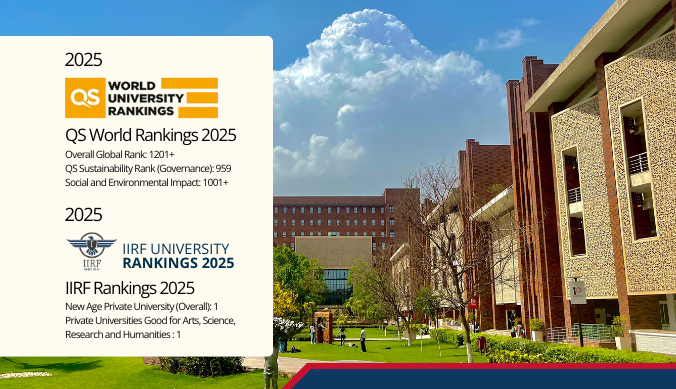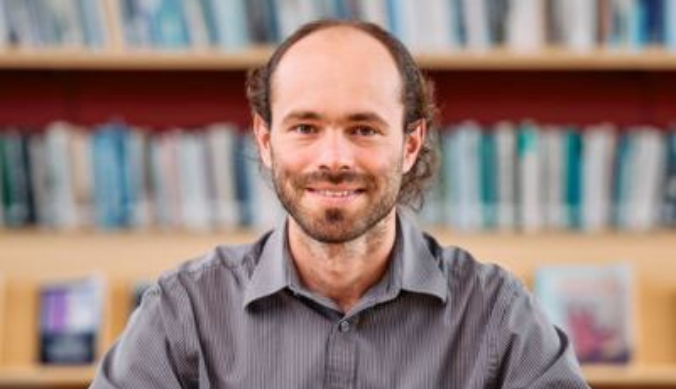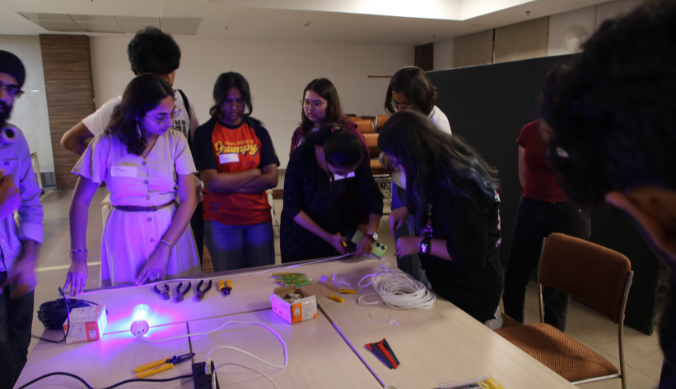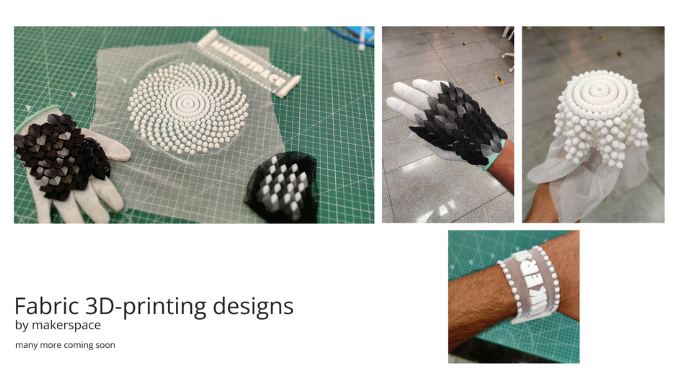Making Digital Infrastructure Accessible, Usable and Consumable
Shakul elucidates on how he birthed ‘I-STEM’ as a blind student at Ashoka by asking crucial questions on how digital infrastructure can better accommodate students with disabilities
As a blind student, Shakul relied on screen-reading software to read documents. But they did not help him read mathematical equations. He struggled with math textbooks through college because they were not readily available to him. He kept asking himself, why is there no technology that is solving this problem for him?
“I did not plan on quitting my job in just six months to pursue a greater calling – but the mindset I built in these formative years at Ashoka gave me the confidence to take a risk.“
At Ashoka, he along with his friends began a self-advocacy group called I-STEM. They were asking crucial questions such as how digital infrastructure can better accommodate students with disabilities. They wanted to improve it to make STEM education accessible, inclusive, and available for all.
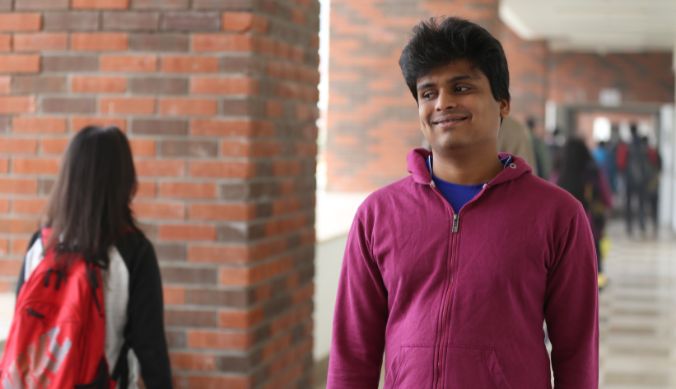
With a focus on visual impairments, they organised initiatives for mentorship, upskilling, and recruitment. Since 2018, they have also been organising India’s first inclusive hackathon. As someone who has experienced all that was lacking in terms of accessibility in STEM, Shakul felt the need to develop I-STEM further. With his co-founders Kartik Sawhney, Sunil Choudhary, and Akashdeep Bansal, he expanded I-STEM into a digital accessibility company.
They develop solutions for making digital infrastructure accessible, usable, and consumable for all and work with organisations like UNFPA, IIT-Delhi, Ashoka University, and the State Government of Washington. He believes that the community he was exposed to at the University was especially impactful and encouraged him to think critically and question.
He says “Ashoka does not train us to serve as employees but inspires us to be enthusiastic participants and take a risk.” The three years were well-rounded with an emotional connection with his cohort built on mutual peer learning, kindness, and support from the extended ecosystem – students, faculty, and co-founders alike.
Study at Ashoka

